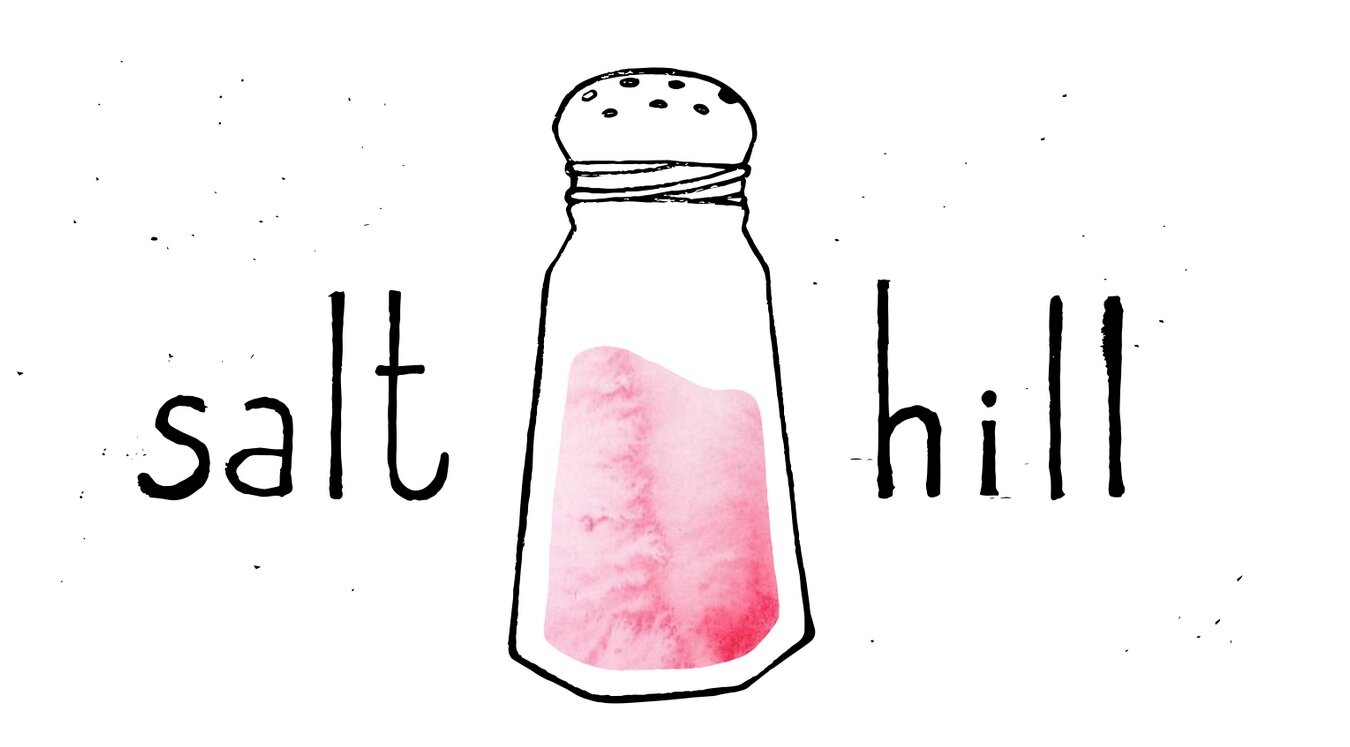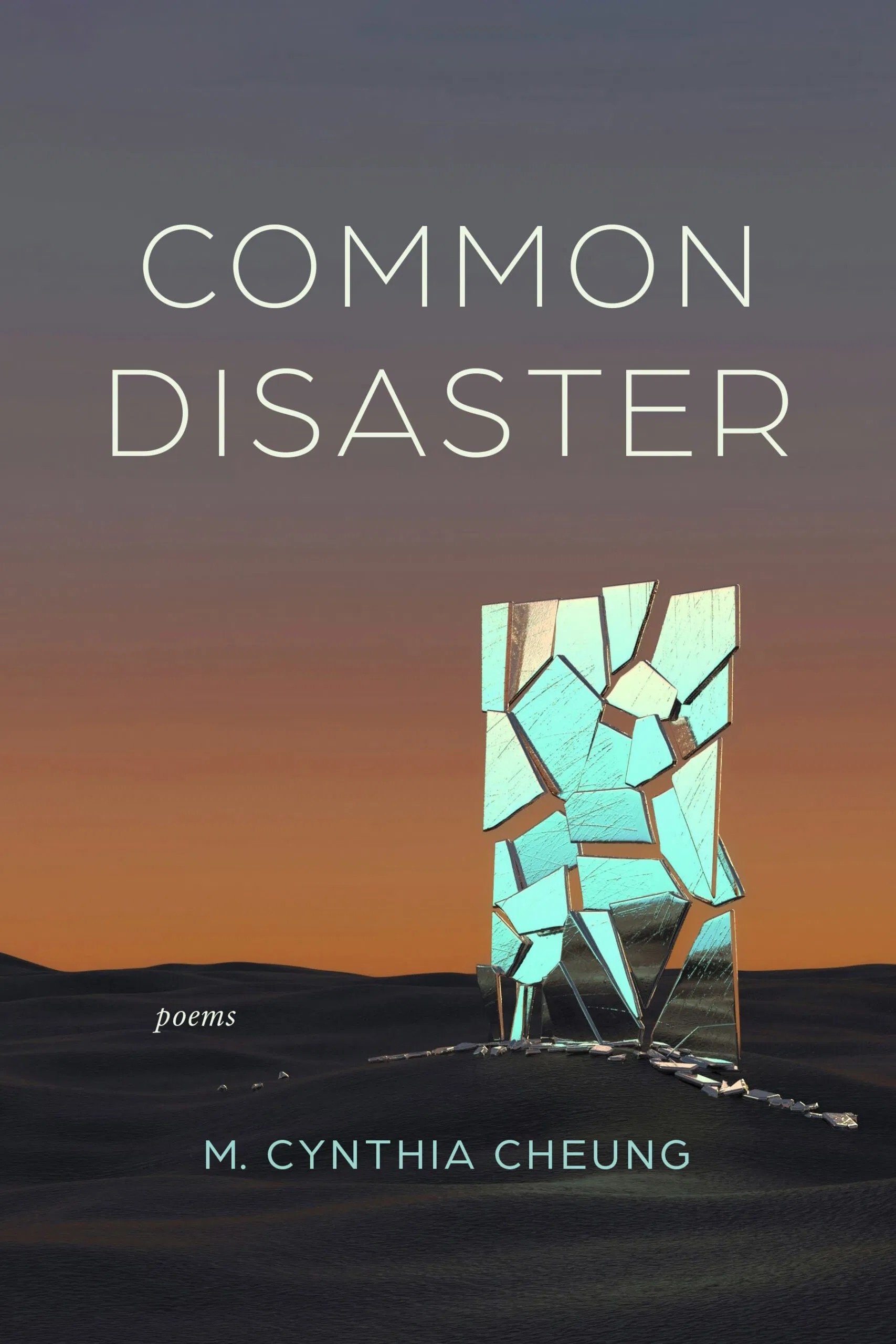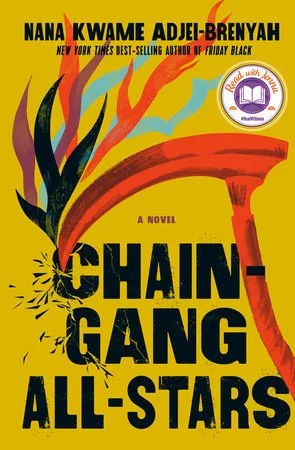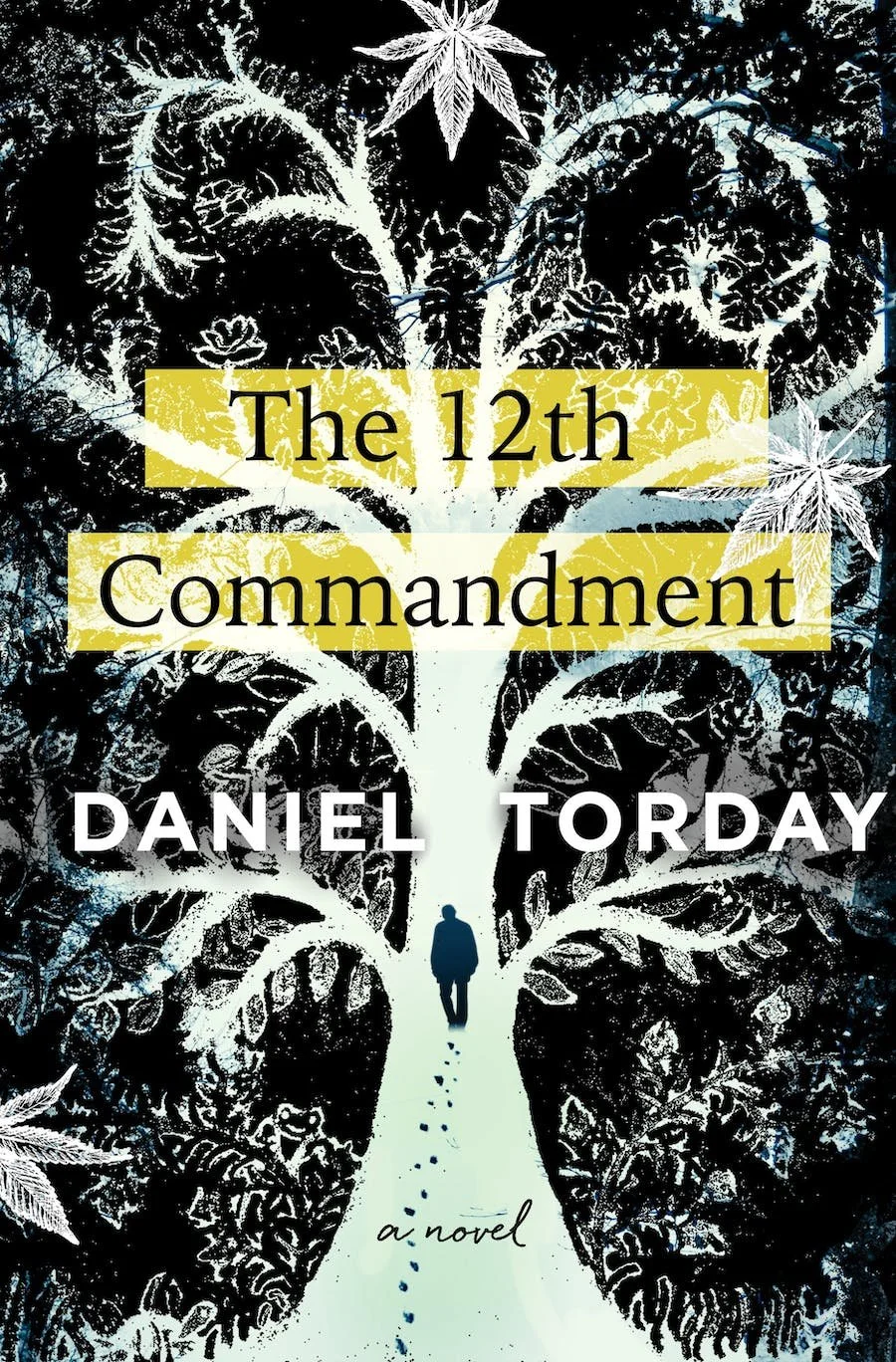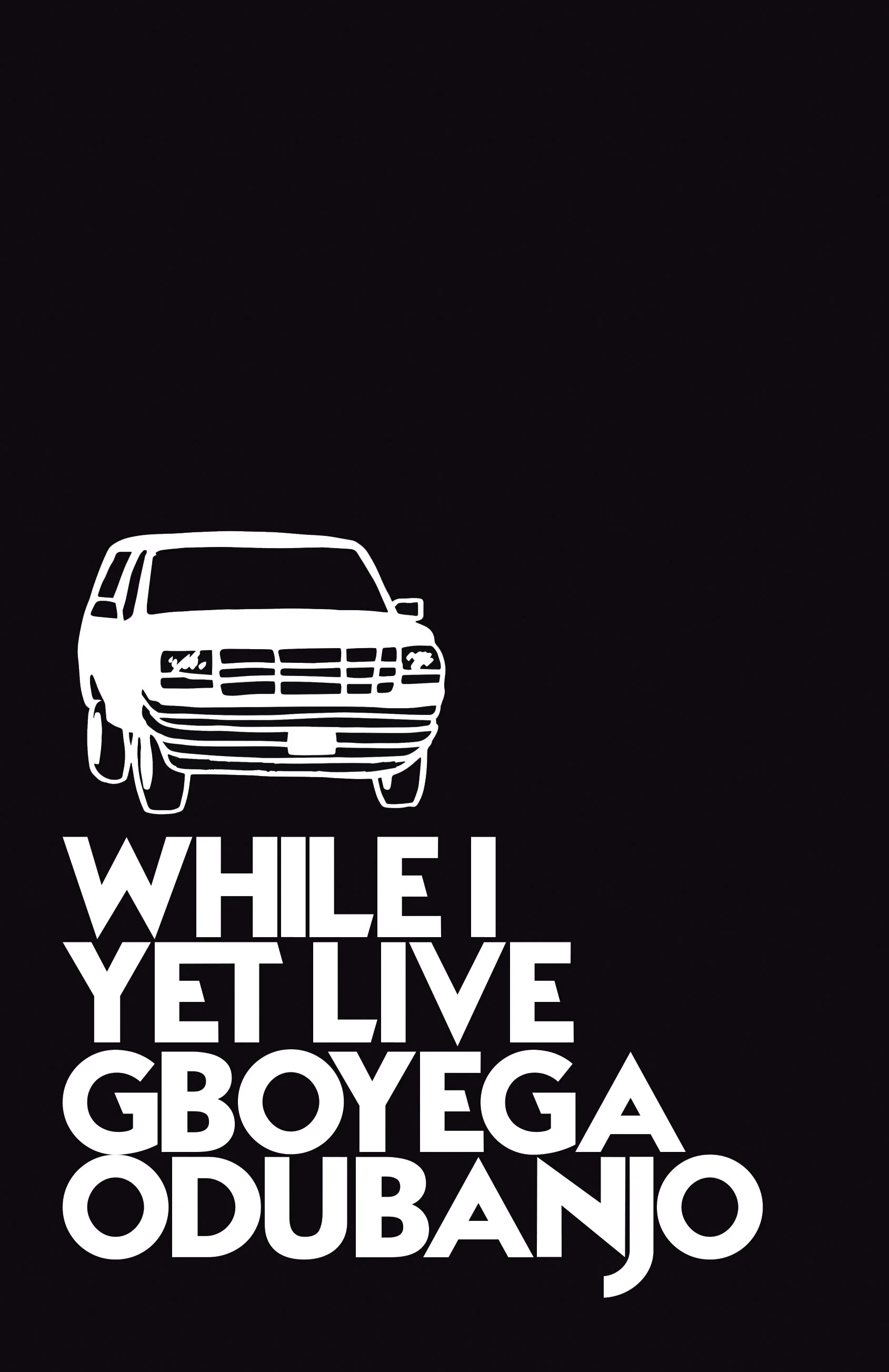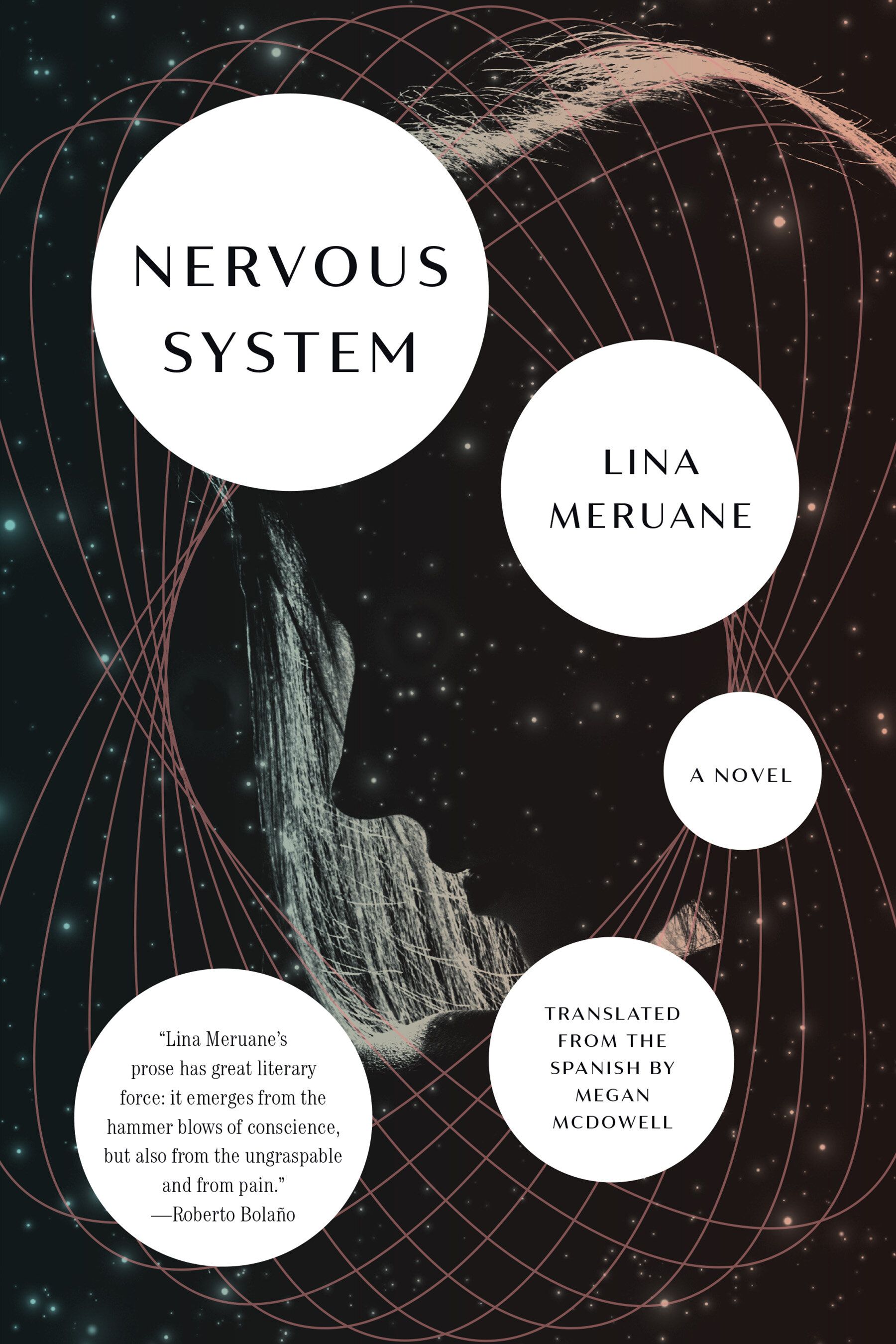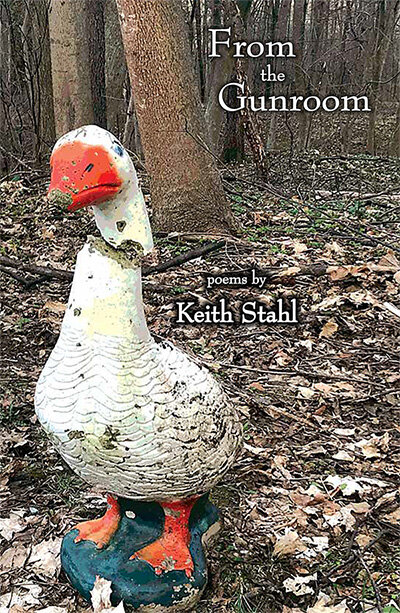Grief is a natural consequence of caring for others, but culturally, we avoid this unpleasant reality. Grief is a topic that eludes otherwise experienced writers; the raw power the misery of death inflicts can reduce prose into limp platitudes.
Read MoreThe poet and physician M. Cynthia Cheung draws from her expertise in medicine and language, oscillating between soothing and aching in her debut collection, Common Disaster.
Read MoreTierney’s work is a poetics of fracture. It is intensely interested in the elegiac, many of the poems referencing the deaths of close relatives, yet makes space to honor that impulse while still firmly rooting itself in the living world; ergo, his poetry by design fractures in the divide between the two poles and searches for balance…
Read MoreIsaac Bashevis Singer wrote, “The dead don’t go anywhere. They’re all here. Each man is a cemetery. An actual cemetery, in which lie all our grandmothers and grandfathers, the father and mother, the wife, the child. Everyone is here all the time.” As much as 40 WEEKS is about new life, about survival and hope and most of all love, it also carries within it all the dead I come from and passes them down onto my children.
Read MoreDasbach not only writes beautifully about what could be called navel-gazing, an outdated term that has been often used to minimize the contributions of women and marginalized communities in literature, but she takes you directly to the brutal, bloody umbilical cord of that navel.
Read MoreViolent delights have violent ends. Shakespeare said it. Hell, Westworld said it. Chain-Gang All-Stars deftly navigates these violent delights—the truth that we are sometimes drawn to blood. But even so, it tells us that we are still worthy of redemption.
Read MoreWistful, powerful, and unsparing, the poems in Grace Engine defy neat categorization: they are fluid, they are erasures of erasures, text struck through with lines, and full of persona. Walking the line between the elegy and the historical record, these poems ask the world to bear witness to ghosts, to the Black men and women lynched like Jim McIherron and Laura Nelson, Hazel “Hayes” Turner and Mary Turner.
Read MoreI’ve learned not to anticipate too much as I’m writing. The dream is for every character to carry their own secrets, their own complexities. If those complexities are outward-facing, things we can all see, that presents itself in one way to a narrator. If they’re hiding what’s nuanced or conflicting in themselves, that presents itself quite differently.
Read MoreDaniel Torday’s novel The 12th Commandment is the story of a man’s search for the truth: not just the physical truth, but the spiritual truth of the world he inhabits through both journalistic rigor and religious revelation.
Read MoreDrinking from Graveyard Wells explores what it means to grapple with those in power by allowing us to imagine the gods as absolute bastards. The collection insists too that storytelling and oral histories serve as reminders that justice isn’t freely given, it’s taken. Kicking and screaming, Ndlovu’s debut collection demands to be seen.
Read MoreSecrets, especially family secrets, can act as a conduit for compassion, I think. Because I love you—the logic goes—I am withholding this painful or potentially painful truth. Of course, friction materializes when the impulse to conceal is confronted by a need for knowledge, or an impulse to connect, and the initial altruistic intent fails to translate.
Read MoreChildren have a unique relationship with the body and its processes. There is rarely ever shame or disgust. A child engages their body with curiosity until they reach a threshold that calls for propriety, which often happens when they learn shame. I like to call attention to the ways the body can fail, and how, even when things don’t work the way we want, our bodies are still incredible and worthy of love.
Read MoreJulietta Singh’s longform essay, The Breaks, written as a letter to her six-year-old daughter, meditates on some of the largest issues of living in the contemporary United States: colonialism, race, parenting, climate change, identity.
Read MoreA Dangerous Place tells a story about brutal concurrence within one woman’s body, and how she navigates the pillage of her womb by both cancer and child: indistinguishable in their early stages. An intimate dialect arthritic with grief, each poem is a miracle of looking in.
Read MoreWith his characteristic entertaining wit and aptitude for crafting sophisticated poetic devices, Dan Chiasson’s technical precision and compelling depictions are showcased in his new metafictional book of poems, The Math Campers.
Read MoreIn this text, Io serves as both mentor and cautionary tale. Once we realize just how closely author and figure mirror one another, we begin to recognize the signs: our gaze is increasingly drawn to the eyes that watch Wattenberg, to the flies that antagonize her.
Read Morewhile i yet live’s every moment is like its first line. straining toes, most precise, ankle tense. pushed through the thrum of the speaker’s quick breathing.
Read MoreLanguage is a system of relationships we use to relate to ourselves, other people, and the world we live in. But in Nervous System, a phone that transcribes voice-to-text messages in the wrong language highlights the boundaries of linguistic systems. Ella slips between those systems, but her meaning sometimes gets lost in translation.
Read MoreStay Safe is a crochet of excavation and design. As surprising as bird-eating whitetails, Emma Hine’s imaginative appetite bewilders and delights. The poet teaches us that we can become something more, something other, both with and against protection, but not without extraordinary curiosity and the willingness to be transformed…
Read MoreIn the middle of these emotional arcs, the book wrestles with one fundamental question that it repeatedly asks its characters and readers: how does one live in a world so obsessed with toxic elements that it is impossible to fully separate oneself from what is toxic? Or, put another way: “Would you rather not have / been brought into this world— / never to experience / gaggling geese / cartwheeling from blue sky?”
Read More